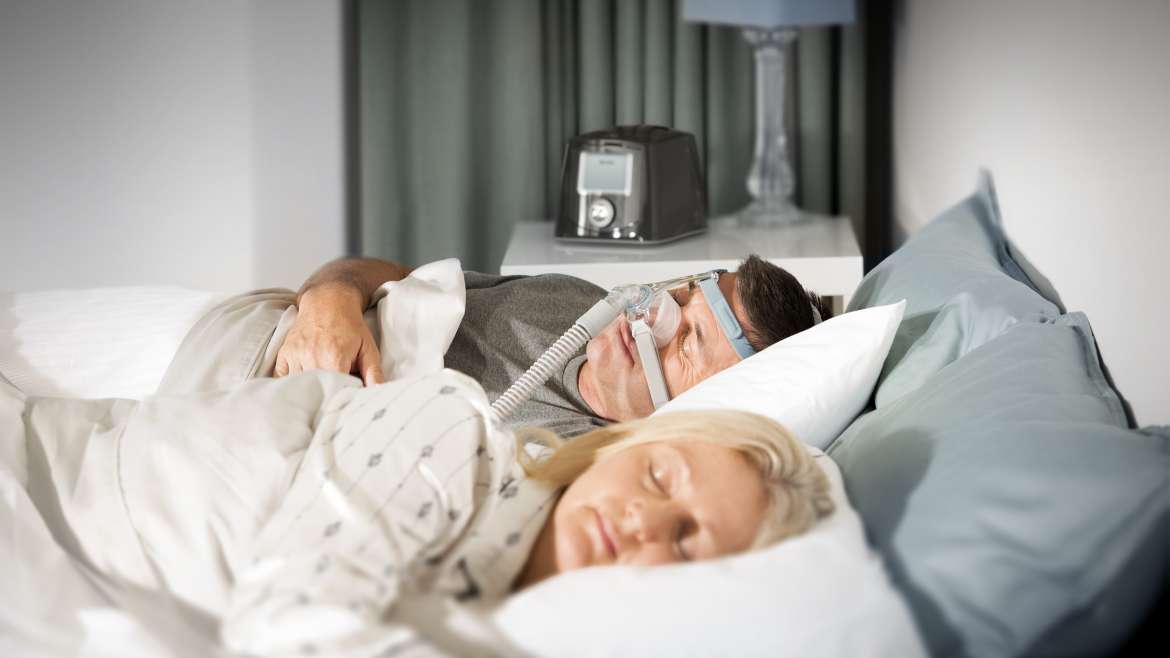
Sleep Medicine
At-home sleep apnea testing is an easy, cost-effective way to figure out whether you are having trouble breathing. A home sleep apnea test is a very simplified breathing monitor that tracks your breathing, oxygen levels, and breathing effort while worn. An at-home sleep apnea test may be appropriate for you if you have signs of obstructive sleep apnea, such as:
- A sleep partner reporting that you snore, snort or gasp while sleeping.
- Disrupted sleep.
- Daytime sleepiness
Talk with your medical provider about your options at Scintadel Inc., especially if you are overweight or obese.
Sleep Medicine Specialist in Los Angeles
Sleep is essential for overall health and well-being, yet millions of people in Los Angeles and across the country struggle with sleep disorders. Conditions like insomnia, sleep apnea, restless legs syndrome, and narcolepsy can disrupt daily life, impact mental health, and increase the risk of chronic diseases. Many individuals suffer in silence, unaware that effective treatments are available or unsure where to turn for help.
At Scintadel Healthcare, Inc., we recognize the profound impact that sleep problems can have on quality of life, work, and relationships. Our goal is to provide expert, compassionate care that helps you achieve restful, rejuvenating sleep. Our mission is to offer comprehensive, evidence-based sleep medicine in Los Angeles, CA. We strive to make diagnosis and treatment accessible to everyone, regardless of background or insurance status.
Whether you are seeking a sleep medicine specialist or need advanced care for a complex sleep disorder, our team is here to guide you every step of the way. We believe that everyone deserves the opportunity to experience the benefits of healthy sleep.
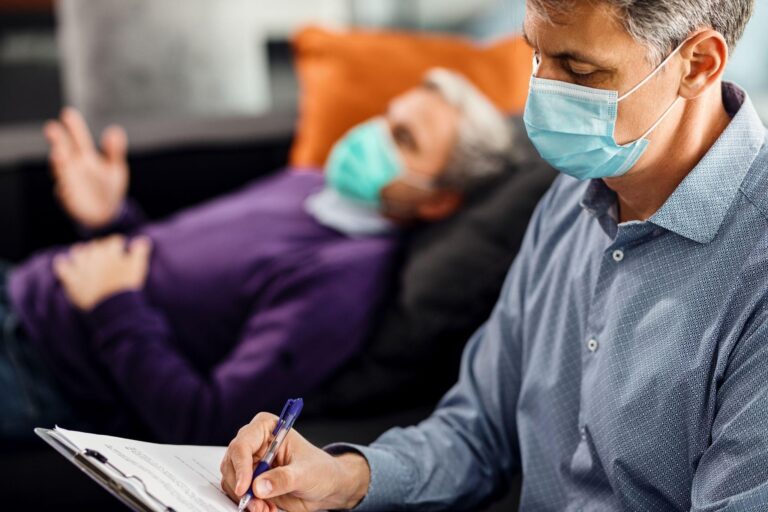
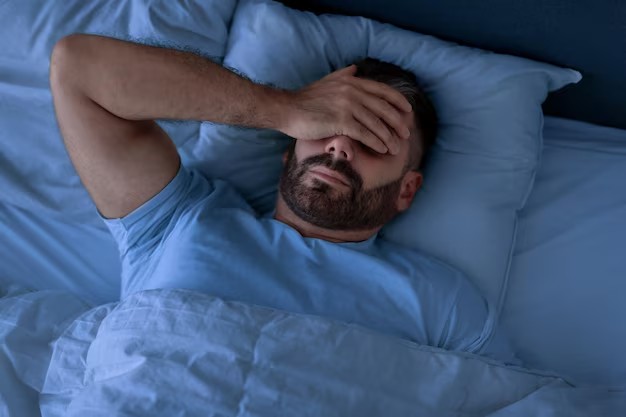
The Importance of Sleep Medicine in Los Angeles
Sleep disorders are more common than many people realize. According to national data, nearly 70 million Americans experience chronic sleep problems, and Los Angeles is no exception. The city’s fast pace, high stress levels, and environmental factors can all contribute to sleep disturbances. Left untreated, sleep disorders can lead to serious health issues, including hypertension, heart disease, diabetes, and depression.
Sleep medicine in Los Angeles, CA is a specialized field dedicated to diagnosing and treating these conditions. A sleep medicine specialist is trained to evaluate your symptoms, identify underlying causes, and develop a personalized treatment plan. This approach is crucial for restoring healthy sleep patterns and improving overall well-being.
Common Sleep Disorders and Symptoms
Sleep disorders come in many forms, each with its own set of symptoms and challenges. Some of the most common conditions include:
- Insomnia: Difficulty falling or staying asleep, leading to daytime fatigue and irritability.
- Sleep Apnea: Interrupted breathing during sleep, often accompanied by loud snoring and gasping.
- Restless Legs Syndrome: Uncomfortable sensations in the legs, causing an urge to move them, especially at night.
- Narcolepsy: Excessive daytime sleepiness and sudden episodes of falling asleep.
- Parasomnias: Unusual behaviors during sleep, such as sleepwalking or night terrors.
- Circadian Rhythm Disorders: Misalignment of the body’s internal clock, resulting in difficulty sleeping at desired times.
If you experience persistent sleep problems, it is important to seek help from a sleep medicine specialist in Los Angeles who can provide a thorough evaluation and appropriate treatment.
The Role of a Sleep Medicine Specialist in Los Angeles
A sleep medicine specialist in Los Angeles is a healthcare professional with advanced training in diagnosing and managing sleep disorders. These specialists may come from various backgrounds, including pulmonology, neurology, psychiatry, or internal medicine. They work closely with patients to understand their symptoms, medical history, and lifestyle factors.
The evaluation process typically includes:
- Detailed Patient History: Discussing sleep patterns, lifestyle, and any underlying health conditions.
- Physical Examination: Checking for signs of sleep apnea or other physical contributors.
- Sleep Studies: Conducting overnight tests to monitor brain activity, breathing, heart rate, and movement during sleep.
Based on the results, the specialist will recommend a tailored treatment plan to address your specific needs.
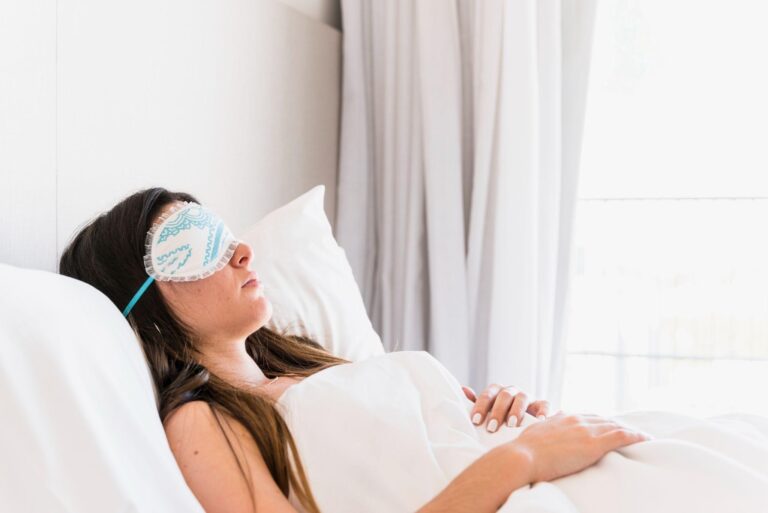
Advanced Diagnostics and Sleep Studies
Modern sleep medicine in Los Angeles, CA relies on advanced diagnostic tools to accurately identify sleep disorders. Some of the most common tests include:
- Polysomnography (Overnight Sleep Study):Conducted in a sleep lab, this test records brain waves, oxygen levels, heart rate, breathing, and body movements.
- Home Sleep Apnea Testing:A portable device that monitors breathing and oxygen levels in the comfort of your own home.
- Multiple Sleep Latency Test (MSLT):Measures how quickly you fall asleep in a quiet environment, often used to diagnose narcolepsy.
- Maintenance of Wakefulness Test:Assesses your ability to stay awake during the day.
These tests provide valuable information that helps your sleep medicine specialist in Los Angeles determine the best course of treatment.
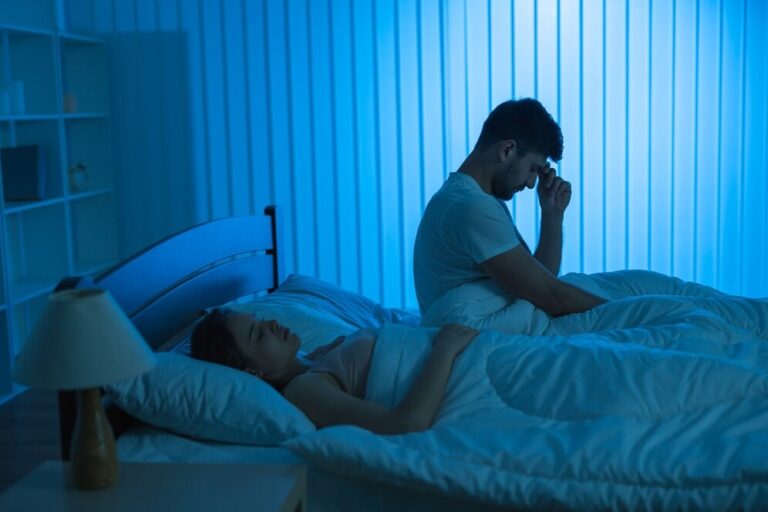
Comprehensive Treatment Options
Treatment for sleep disorders is highly individualized, depending on the type and severity of the condition. Some of the most effective options include:
- Lifestyle Modifications: Improving sleep hygiene, such as maintaining a regular sleep schedule, creating a restful environment, and avoiding stimulants before bedtime.
- Behavioral Therapy: Cognitive-behavioral therapy for insomnia (CBT-I) is a proven, non-drug treatment that helps patients develop healthier sleep habits.
- Medical Devices: Continuous positive airway pressure (CPAP) machines are commonly used to treat sleep apnea by keeping the airway open during sleep.
- Oral Appliances:Custom-fitted devices that reposition the jaw to prevent airway obstruction.
- Medications: Prescribed for certain conditions, such as narcolepsy or restless legs syndrome, when lifestyle changes and behavioral therapy are not sufficient.
- Surgical Options: In some cases, surgery may be recommended to correct anatomical issues that contribute to sleep apnea or snoring.
At Scintadel Healthcare, Inc., we work with you to determine the most appropriate treatment based on your diagnosis, preferences, and overall health.
The Value of a Team-Based Approach
Effective sleep medicine in Los Angeles, CA often involves collaboration among multiple healthcare professionals. Our team may include:
- Sleep Medicine Specialists:Board-certified physicians with expertise in diagnosing and treating sleep disorders.
- Pulmonologists: Experts in respiratory conditions that affect sleep, such as sleep apnea.
- Neurologists: Specialists in nervous system disorders that may disrupt sleep.
- Psychiatrists and Psychologists: Professionals who address mental health factors contributing to sleep problems.
- Dentists:Providers who fit oral appliances for sleep apnea.
- Registered Polysomnographic Technologists: Skilled technicians who conduct sleep studies and monitor patients during overnight testing.
This multidisciplinary approach ensures that all aspects of your sleep health are addressed, leading to better outcomes and improved quality of life.
Patient Experience and Comfort
At Scintadel Healthcare, Inc., we prioritize your comfort and well-being throughout the diagnostic and treatment process. Our sleep labs are designed to provide a relaxing, hotel-like environment, with private rooms and amenities to help you feel at ease. For children and families, we offer kid-friendly accommodations and support to make the experience as stress-free as possible.
We also understand the importance of accessibility and convenience. Our team works with you to schedule appointments that fit your lifestyle, and we accept most major insurance plans to minimize out-of-pocket costs.
The Growing Field of Sleep Medicine
Sleep medicine in Los Angeles, CA is a rapidly evolving field, with ongoing research and advancements in diagnosis and treatment. Leading institutions, such as UCLA Health and Santa Monica Sleep Disorders Center, have been at the forefront of sleep research and clinical care for decades. Their expertise, combined with the latest technology, ensures that patients receive the highest standard of care.
Recent innovations in sleep medicine specialist in Los Angeles practices include:
- Remote Monitoring:Allowing patients to complete sleep studies at home using portable devices.
- Telehealth Services:Providing virtual consultations and follow-up care for added convenience.
- Personalized Treatment Plans:Tailoring interventions to each patient’s unique needs and preferences.
These advancements make it easier than ever to access expert care and achieve lasting improvements in sleep health.
The Importance of Early Intervention
Many people delay seeking help for sleep problems, believing that poor sleep is just a normal part of life. However, chronic sleep disturbances can have serious consequences for physical and mental health. Early intervention by a sleep medicine specialist in Los Angeles can prevent complications, improve daily functioning, and enhance overall quality of life.
If you or a loved one is experiencing persistent sleep problems, don’t hesitate to reach out for help. Our team at Scintadel Healthcare, Inc. is here to provide the expert care and support you need to achieve restful, restorative sleep.
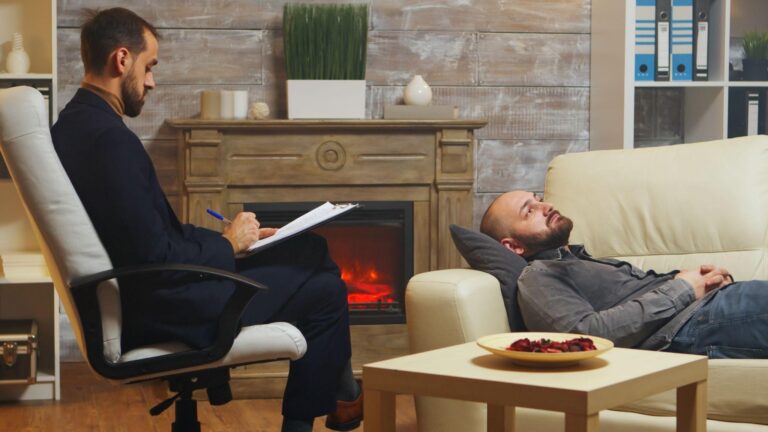
Frequently Asked Questions (FAQs)
1. What does a sleep medicine specialist in Los Angeles do?
A sleep medicine specialist diagnoses and treats a wide range of sleep disorders, using advanced testing and personalized treatment plans.
2. What conditions are treated with sleep medicine in Los Angeles, CA?
Common conditions include insomnia, sleep apnea, restless legs syndrome, narcolepsy, and circadian rhythm disorders.
3. What happens during a sleep study?
A sleep study monitors your brain activity, breathing, heart rate, and movement during sleep to help diagnose sleep disorders.
4. What are the treatment options for sleep disorders?
Treatment may include lifestyle changes, behavioral therapy, medical devices, medications, or surgery, depending on your diagnosis.
5. Is sleep medicine covered by insurance?
Most major insurance plans cover sleep medicine services. Our team can help you verify your coverage and minimize out-of-pocket costs.
6. Can children be evaluated by a sleep medicine specialist in Los Angeles?
Yes, our team provides care for patients of all ages, including children with sleep problems.
7. How do I schedule an appointment with a sleep medicine specialist?
Contact Scintadel Healthcare, Inc. to schedule a consultation and begin your journey to better sleep.
Take the Next Step Toward Better Sleep
If you are struggling with sleep problems, you are not alone. At Scintadel Healthcare, Inc., we are committed to helping you achieve the restful, rejuvenating sleep you deserve. Our team of expert sleep medicine specialists in Los Angeles is here to provide comprehensive, compassionate care tailored to your needs.
Reach out today to schedule an appointment or learn more about our sleep medicine in Los Angeles, CA services. Your journey to better sleep starts here.
Take the First Step Towards Better Medical, Mental Health & Addiction Care
Make an Appointment
team guide you on your journey to healing and growth.

The Facts About At-home Sleep Tests
We strive to offer cutting-edge Psychiatric care within a holistic, integrative, compassionate and collaborative setting, centered on an individual’s personal needs in a professional, non judgmental and pleasant work environment.
They monitor breathing, not actual sleep.
A sleep test is meant to evaluate a patient for sleep apnea, and it monitors breathing parameters, not the sleep itself. The sleep test will not analyze how long you are in light or deep sleep, for instance. Instead, it will measure pauses in and absence of breathing, how much effort it takes to breathe and whether your breathing is deep or shallow.
Your doctor needs to prescribe it.
This is not an over-the-counter test. Your primary care physician or a physician at a sleep clinic can order it for you to use at home.
It uses sensors to detect breathing patterns.
The sensors include a small probe over your finger that measures oxygen levels. You will insert another mask with tubes into your nostrils and secure it around your ears, similar to an oxygen mask. Other sensors are placed on your abdomen and chest to measure their rise and fall as you breathe.
It is a small commitment.
Most at-home sleep tests are used just for one night. It is also less expensive than a sleep study conducted in a clinic ― anywhere from a third to a fifth of the cost of doing an in-lab study and often covered by insurance.
It is convenient.
With an at-home study, you will be in the comfort of your own surroundings, which can mean a more accurate reading of how you actually sleep.
It does not completely rule out apnea.
After the test, your results will be reviewed by a sleep technologist and sent to your physician. If symptoms persist, your physician might recommend an in-lab study. Home tests can sometimes be inaccurate: For instance, your sensors might fall off during the night. At a lab, a physician is on-site to monitor you.
You might have other sleep issues.
Not all sleep disorders are characterized by breathing trouble. If your symptoms persist, you might not have apnea. Other common sleep issues that don’t affect the airways include movement disorders that cause nighttime restlessness or narcolepsy, a neurological disorder that affects the body’s sleep-wake cycles and causes excessive sleepiness. Your physician can work with you to pinpoint the cause.
What Our Patients are Saying
“
Scintadel Healthcare has been life-changing for me. The compassionate care I received from the team helped me manage my anxiety and regain control of my life. I’m truly grateful for their support and expertise.
”– Michael L.
Happy Customer“
I was struggling with depression and didn’t know where to turn. The professionals at Scintadel Healthcare listened without judgment and created a treatment plan that really worked for me. I’m now on the path to a happier, healthier life.
”– Emily T.
Happy Customer“
The team at Scintadel Healthcare truly cares about their patients. Their personalized approach and dedication to my well-being made all the difference. I highly recommend them to anyone seeking mental health support.
”
